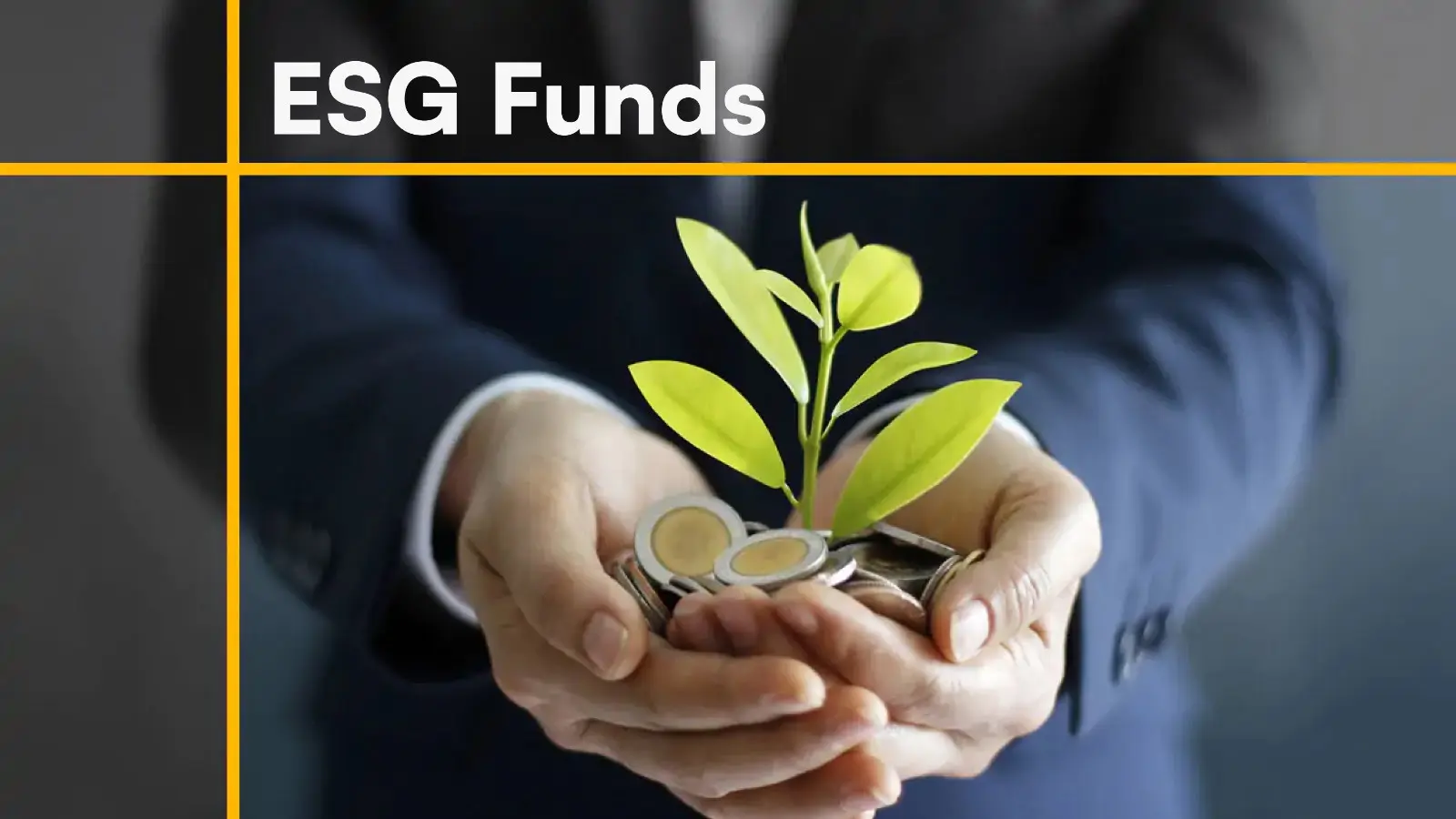
As the world becomes increasingly aware of the impact of climate change and social inequality, ESG funds are emerging as a popular investment choice. ESG, which stands for Environmental, Social, and Governance, evaluates companies based on their ethical impact and sustainability practices. In 2025, investing in ESG funds is not just about financial returns; it’s about aligning your investments with your values. This guide will help beginners navigate the landscape of ESG investing.
What are ESG Funds?
ESG funds are investment funds that consider the environmental, social, and governance factors of companies when making investment decisions. Unlike traditional funds that solely focus on financial performance, ESG funds assess a company's overall impact on the world. This means looking at how a company manages its carbon footprint, treats its employees, and adheres to ethical governance practices.
Why Invest in ESG Funds?
Investing with purpose is becoming increasingly important to many investors. Here are a few reasons why you should consider ESG funds:
- Alignment with Personal Values: For many, investing in ESG funds allows them to support companies that reflect their personal beliefs and values.
- Long-Term Performance: Studies have shown that companies with strong ESG performance often outperform their peers in the long run, making ESG funds a viable option for growth-focused investors.
- Risk Mitigation: Companies that adhere to ESG principles tend to be more resilient in times of crisis, reducing the overall investment risk.
How to Choose the Right ESG Fund
With the growing popularity of ESG funds, the market is flooded with options. Here are some tips for selecting the right fund for your investment portfolio:
- Understand the Fund's Focus: Different ESG funds may prioritize various aspects of sustainability. Some focus on environmental factors, while others emphasize social responsibility or corporate governance. Choose a fund that aligns with your interests.
- Research the Fund's Track Record: Look into the fund's historical performance and its approach to ESG investing. Check if the fund has consistently outperformed its benchmark and how it has navigated market downturns.
- Examine the Fund's Holdings: Review the companies included in the fund’s portfolio. Ensure that these companies are genuinely committed to ESG principles and not just “greenwashing” their practices.
Popular ESG Funds to Consider in 2025
As you explore ESG funds in 2025, here are a few notable options that have garnered attention:
- Vanguard FTSE Social Index Fund: This fund tracks the performance of the FTSE Social Index, focusing on large-cap companies with strong social responsibility records.
- BlackRock U.S. Equity Index Fund: Known for its commitment to ESG investing, this fund integrates sustainability factors into its investment strategy.
- SPYG – SPDR S&P 500 Growth ETF: This fund includes companies with strong growth potential, while also evaluating their ESG performance.
Understanding ESG Ratings
Before investing in ESG funds, it’s essential to comprehend how companies are rated on their ESG performance. Various agencies provide ratings based on their criteria, which can differ widely. Some of the most recognized rating agencies include:
- Sustainalytics: Provides comprehensive ratings based on a company's exposure to industry-specific risks.
- MSCI ESG Ratings: Measures a company's management of ESG risks and opportunities.
- Refinitiv ESG Scores: Focuses on a company's sustainability performance across various metrics.
Understanding these ratings can help you make informed decisions about which ESG funds to invest in.
Challenges and Criticisms of ESG Investing
While ESG funds offer many benefits, they also come with challenges and criticisms that investors should consider:
- Greenwashing: Some companies may exaggerate their commitment to ESG practices, making it crucial for investors to conduct thorough research.
- Lack of Standardization: The absence of universally accepted standards for ESG investing can lead to confusion and inconsistency in ratings.
- Performance Concerns: While many ESG funds have shown strong returns, some critics argue that prioritizing ESG factors may limit investment opportunities and potentially impact performance.
Conclusion
Investing in ESG funds in 2025 offers a unique opportunity to align your financial goals with your values. By understanding what ESG funds are, how to choose them, and being aware of the challenges, you can make informed investment decisions. As you embark on this journey, remember that investing with purpose not only benefits your portfolio but also contributes to a more sustainable and equitable world.
